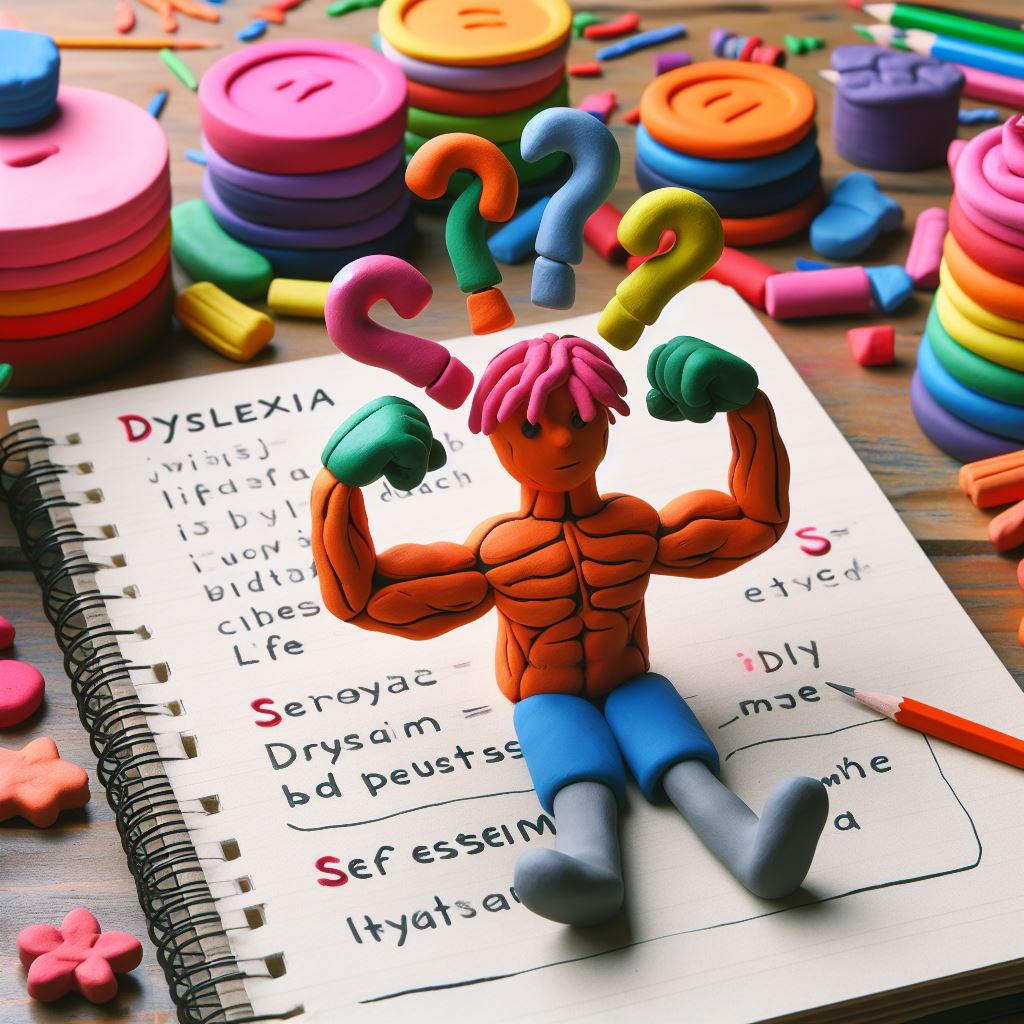Yale University research by Sally Shaywitz, MD and Bennett Shaywitz, MD
Yale University MRI research Dyslexia
Neurodiversity Helen Taylor
Dyslexia, a neurological condition affecting reading and writing abilities, has profound effects on individuals across various aspects of life. Contrary to common misconceptions, its impact extends far beyond academic or professional settings. Let's delve into the multifaceted effects of dyslexia on individuals' lives.
One of the most noticeable effects of dyslexia is its impact on education. Despite efforts to downplay its significance, individuals with dyslexia often struggle with tasks that neurotypical individuals find routine.
While peers progress in their reading abilities, dyslexic individuals may remain stuck in a non-automated stage of reading, expending considerable energy to decipher text. This struggle can lead to delays in recognizing dyslexia, with some students enduring years of feeling inadequate before receiving proper diagnosis and support.
Moreover, the limited understanding of dyslexia among educators exacerbates the situation. Many educators only focus on identifying reading and writing difficulties, overlooking the broader challenges individuals with dyslexia face. Consequently, students may endure repeated reminders of their perceived inadequacies, damaging their self-esteem and motivation to learn.
The psychological toll of undiagnosed or poorly managed dyslexia cannot be overstated. Children grappling with dyslexia often internalize feelings of inferiority and incompetence. The constant struggle to keep up with peers and the lack of understanding from authority figures contribute to feelings of isolation and self-doubt. These negative experiences can have lasting effects, shaping individuals' perceptions of themselves and hindering their personal and professional growth.

As individuals with dyslexia transition into adulthood, the challenges persist. In the workplace, they may encounter environments ill-equipped to accommodate their neurodiversity. However, companies that embrace neurodiversity and create supportive environments witness significant benefits. Teams comprising diverse skill sets, including those with dyslexia, often exhibit enhanced problem-solving abilities, increased productivity, and greater employee loyalty.
Understanding and acknowledging dyslexia's impact is crucial in fostering supportive environments. Whether in educational settings, workplaces, or personal relationships, awareness and open communication can alleviate frustrations and foster empathy. By accommodating differences in communication styles or time management, individuals with dyslexia can navigate daily challenges more effectively.
As awareness grows and societal attitudes evolve, there is hope for a future where dyslexia is understood and accommodated without stigma or discrimination. By promoting neurodiversity in all aspects of life, we can create inclusive environments where individuals with dyslexia can thrive.
In conclusion, dyslexia's effects extend beyond the classroom or workplace, shaping individuals' experiences and perceptions throughout their lives. By fostering understanding, empathy, and support, we can empower individuals with dyslexia to reach their full potential and contribute meaningfully to society.
Brain Variability: Every brain is wired differently. Our neural pathways light up in distinct patterns, shaping our abilities and challenges. It’s like a symphony of individual instruments playing together.
Strengths and Struggles: Just as some people excel at basketball while others thrive in art or music, our brains have specialized talents. Embrace your strengths—whether it’s visual thinking, problem-solving, or creativity.
Text Isn’t Everything: If text feels like a puzzle sometimes, remember that you excel in other dimensions. Visualizing concepts, understanding 3D structures, and connecting ideas—these are your superpowers!
Neurodiversity Benefits All: Our collective strengths—whether linguistic, mathematical, artistic, or spatial—contribute to humanity’s progress. We need each other’s unique perspectives to thrive.
Celebrate your brain’s quirks. You’re part of a magnificent mosaic—a testament to the richness of human experience!
Learn More: If you’re curious, check out the original research from Yale by Sally Shaywitz, MD and Bennett Shaywitz, MD: Brain Scans Reveal Disruption in the Neural Circuitry.
Yale University research by Sally Shaywitz, MD and Bennett Shaywitz, MD
Yale University MRI research Dyslexia
Neurodiversity Helen Taylor
Since 2018, Dyslexie Font has collaborated with the HOI Foundation to organize the Dutch Week of Dyslexia every first week of October. Our aim is to alter perceptions of neurodiversity and dyslexia by providing information to dyslexic individuals, parents, children, teachers, and businesses.
We strive to present a comprehensive view of dyslexia, highlighting not only its challenges but also its strengths.
EMAIL
Contact page
info@dyslexiefont.com
PHONE
(we are in the Netherlands)
NL: +31 (0)20 820 41 37
UK: +44 2033 180 058
USA: +1 540 227 64 84
DYSLEXIE FONT IS PATENTED COPYRIGHT © 2024 DYSLEXIE FONT B.V. ALL RIGHTS RESERVED. DESIGN BY DYSLEXIE FONT
We use cookies to see if our carefully crafted design is working as intended—or if it’s just collecting dust. This helps us improve the site and answer questions before you even ask. Say yes to cookies, and you’ll help us make things better.